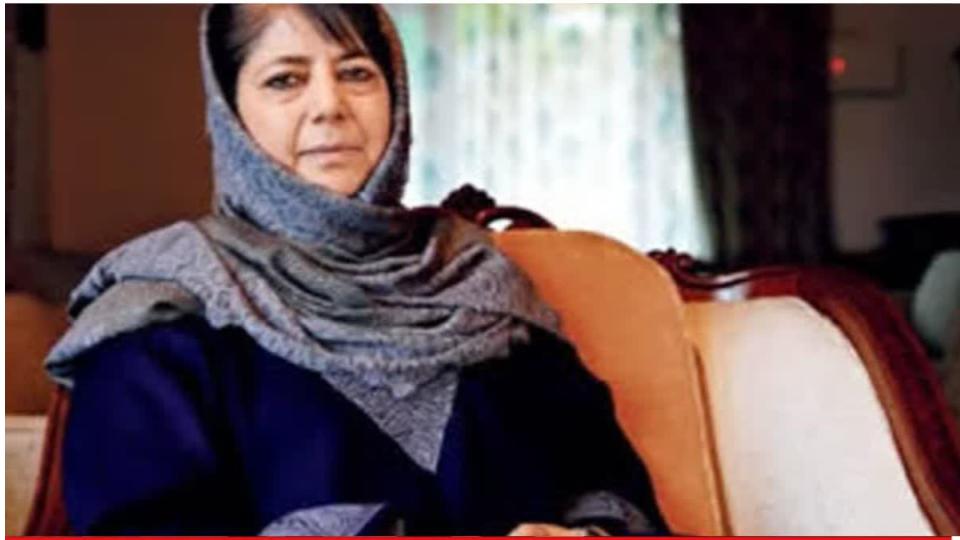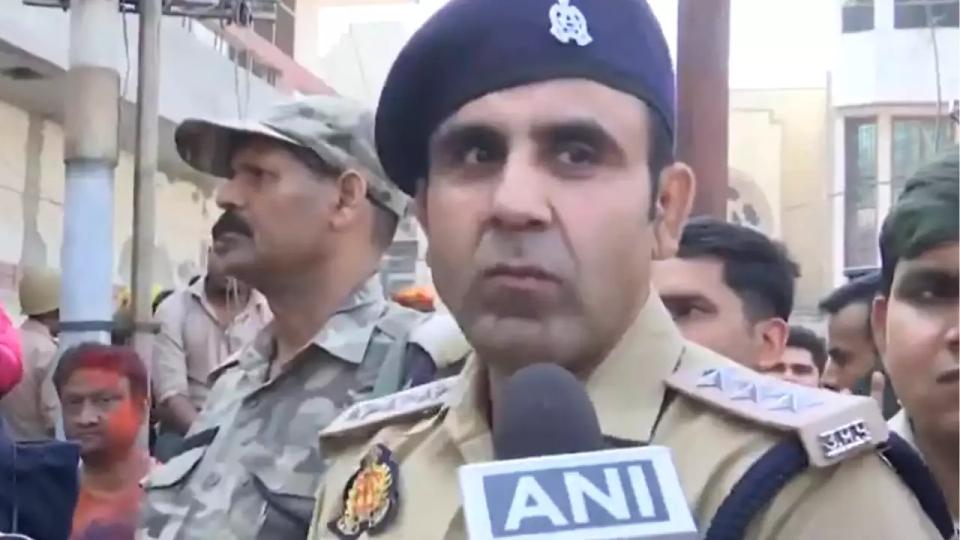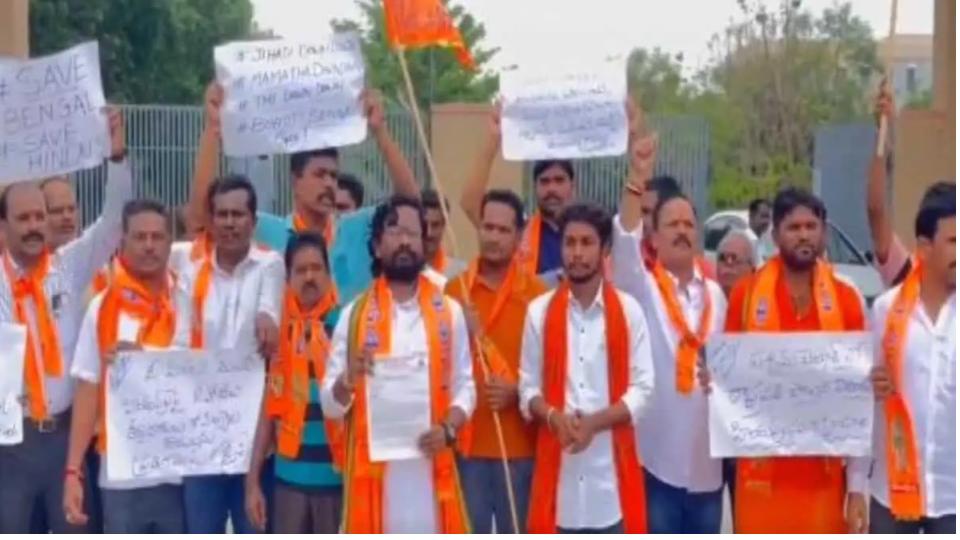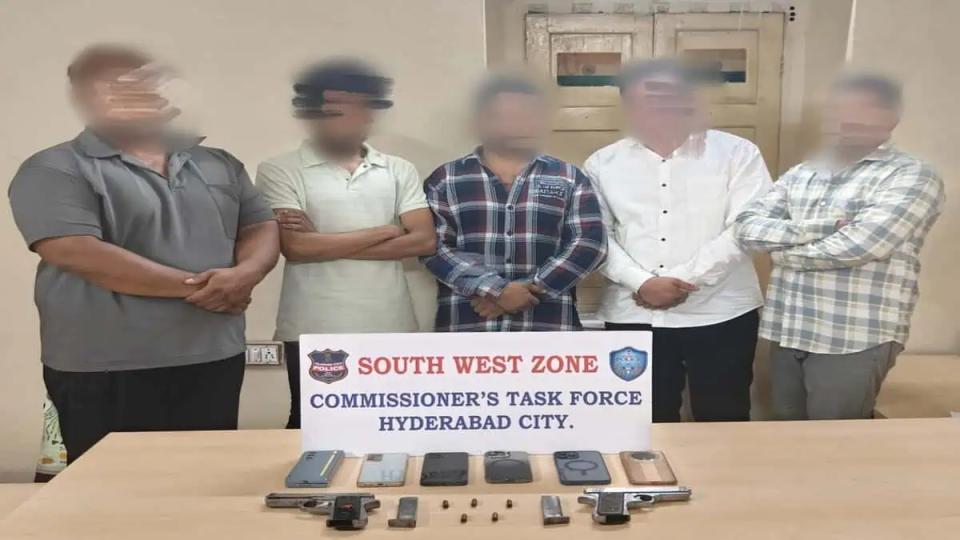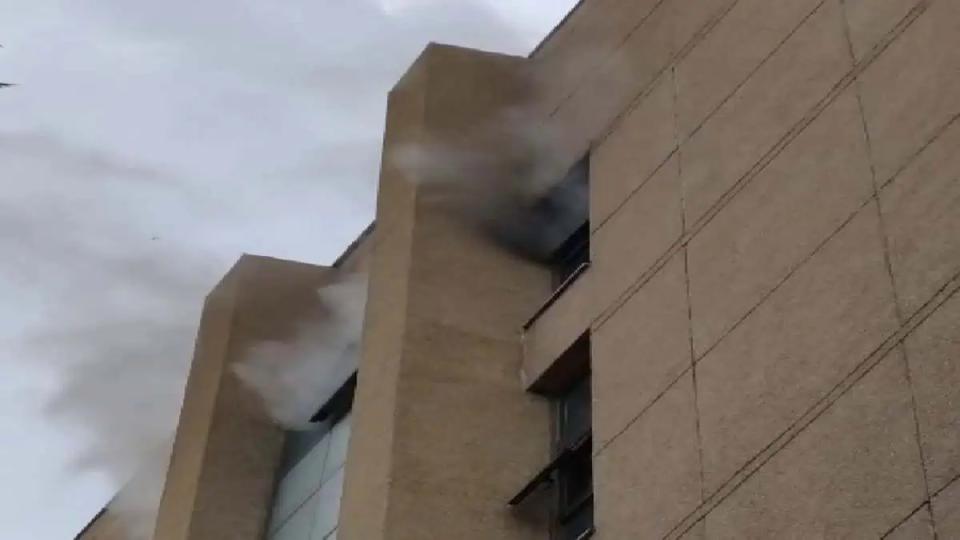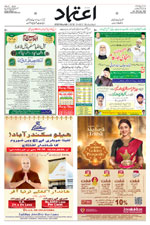30 lakh Muslims join BJP in new membership drive
Thu 04 Jun 2015, 15:25:02
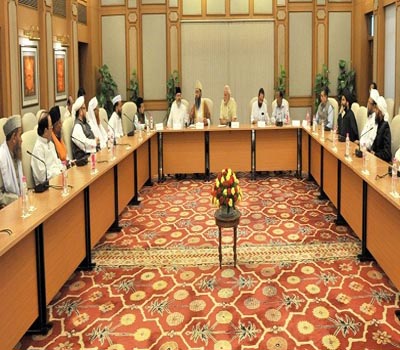
June 4, 2015 (Agency) : Are PM Narendra Modi's efforts to reach out to the minority community paying off? A day after Modi met with a 30-member delegation of All India Imam Organization, a report in The Times of India claimed that as many as 30 lakh Muslims have joined the BJP in a recent membership drive.Quoting BJP's national minority cell chief Abdul Rasheed Ansari, the report said, "Around 4 lakh of them have joined in Madhya Pradesh, followed by Gujarat (2.6 lakh), Delhi (2.5 lakh), West Bengal (2.3 lakh) Rajasthan and Assam (over 2 lakh each)."AFP image.UP's minority cell chief Rumana Siddiqui was quoted as saying by The Times of India that the number of Muslims in UP BJP never touched the 1 lakh-mark, but this time the party has seen registration of 1.75 members from the minority community.A six-month long membership drive came to an end in April 2015 just before Narendra Modi about to complete its first year in office."The membership numbers should not be linked with the possible outcome of elections. These are not linked with the elections and have not been aimed like that. By increasing the organisational base we intend to make more and more people aware of ideology and programmes of the party. We are reaching out to larger numbers," BJP party president Amit Shah had told Firstpost in this article in early May.It seems like with his entry into the second year as a PM, Modi has taken his slogan 'saal ek shuruat anek' seriously! First, Modi fired a salvo at the communal forces in the country during an interview to the UNI and said, "Hate speech will not be tolerated." Modi's statement was seen as a message for the Sangh who have been mired in controversy with multiple controversies."Asked how he would rein in such elements, PM Modi said, "Some unfortunate comments have been made, which were totally uncalled for. Our Constitution guarantees religious freedom to every citizen."In this article, The Economist, published in January, noted the BJP workers were as inspired by the party's Hindutva agenda as they were by Modi's zeal to work for a modern India, and thanks to this, were being an
impediment to the government's plans.As though to shut his detractors up and to allay fears of the minority community, Modi met with 30 Muslim leaders for 45 minutes behind closed doors and assured them that the Muslim community are the PM's responsibility.Appealing to the leaders, Modi asked them not to judge him on the basis on what his opponents were saying. "It was not like the PM sat on a chair and talked to people. He met each one personally. He talked about how he considers himself a PM of every Indian, not of Muslims, Sikhs, Christians or Parsis. He said he would not let anybody play the Hindu or the Muslim card, but would play the India card himself,” said Feroze Bakht Ahmad told The Indian Express.Like Firstpost columnist Saroj Nagi had noted in her article: "The BJP’s victory and Modi's elevation has given a boost to the votaries of the Sangh ideology to raise their decibel levels, flex their muscles, speak their mind and act on their agenda of hammering society into a shape they want in full faith that they will not be punished."The Prime Minister's silence over every controversies (love jihad, ghar wapasi, church attacks) was seen as turning a blind eye towards them since he had relied on their backing to come to power, the article in The Economist noted. Even the Prime Minister's rally at Mathura to celebrate a year of being in power was seen as another attempt at reaching out to his key voter base.As Sandip Roy noted in this Firstpost article, "By making the trip to Mathura, Narendra Modi is not just paying his respects to Deen Dayal Upadhyay, as he is perfectly entitled to do, but also signalling one more step in a far more ambitious project of setting the new ideological normal."Like this earlier article noted, Modi meeting Muslim leaders does not essentially mean that the government is making inroads by winning the trust of the Muslim community. As this piece by Ehtasham Khan notes, most Muslim community leaders who have attempted to build bridges with the Prime Minister still aren't the ones who have a support base to ensure that it translates into a change of sentiment on the ground.
impediment to the government's plans.As though to shut his detractors up and to allay fears of the minority community, Modi met with 30 Muslim leaders for 45 minutes behind closed doors and assured them that the Muslim community are the PM's responsibility.Appealing to the leaders, Modi asked them not to judge him on the basis on what his opponents were saying. "It was not like the PM sat on a chair and talked to people. He met each one personally. He talked about how he considers himself a PM of every Indian, not of Muslims, Sikhs, Christians or Parsis. He said he would not let anybody play the Hindu or the Muslim card, but would play the India card himself,” said Feroze Bakht Ahmad told The Indian Express.Like Firstpost columnist Saroj Nagi had noted in her article: "The BJP’s victory and Modi's elevation has given a boost to the votaries of the Sangh ideology to raise their decibel levels, flex their muscles, speak their mind and act on their agenda of hammering society into a shape they want in full faith that they will not be punished."The Prime Minister's silence over every controversies (love jihad, ghar wapasi, church attacks) was seen as turning a blind eye towards them since he had relied on their backing to come to power, the article in The Economist noted. Even the Prime Minister's rally at Mathura to celebrate a year of being in power was seen as another attempt at reaching out to his key voter base.As Sandip Roy noted in this Firstpost article, "By making the trip to Mathura, Narendra Modi is not just paying his respects to Deen Dayal Upadhyay, as he is perfectly entitled to do, but also signalling one more step in a far more ambitious project of setting the new ideological normal."Like this earlier article noted, Modi meeting Muslim leaders does not essentially mean that the government is making inroads by winning the trust of the Muslim community. As this piece by Ehtasham Khan notes, most Muslim community leaders who have attempted to build bridges with the Prime Minister still aren't the ones who have a support base to ensure that it translates into a change of sentiment on the ground.
No Comments For This Post, Be first to write a Comment.
Most viewed from Specials
Most viewed from World
AIMIM News
Latest Urdu News
Most Viewed
May 26, 2020
Do you think Canada-India relations will improve under New PM Mark Carney?
Latest Videos View All
Like Us
Home
About Us
Advertise With Us
All Polls
Epaper Archives
Privacy Policy
Contact Us
Download Etemaad App
© 2025 Etemaad Daily News, All Rights Reserved.











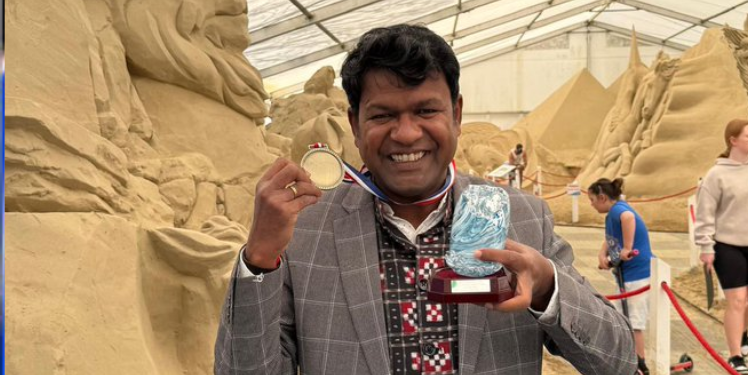
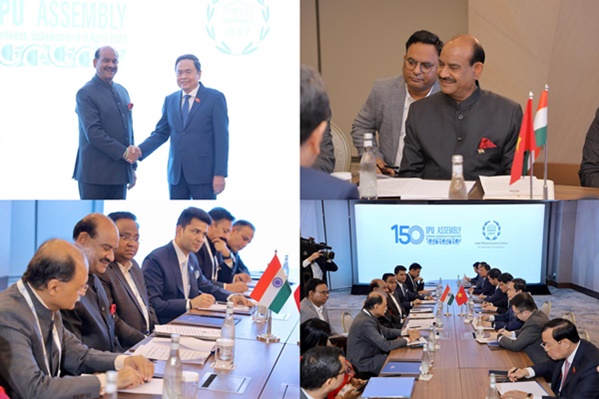
.jpg)
.jpg)
.jpg)
.jpg)
.jpg)
.jpg)

